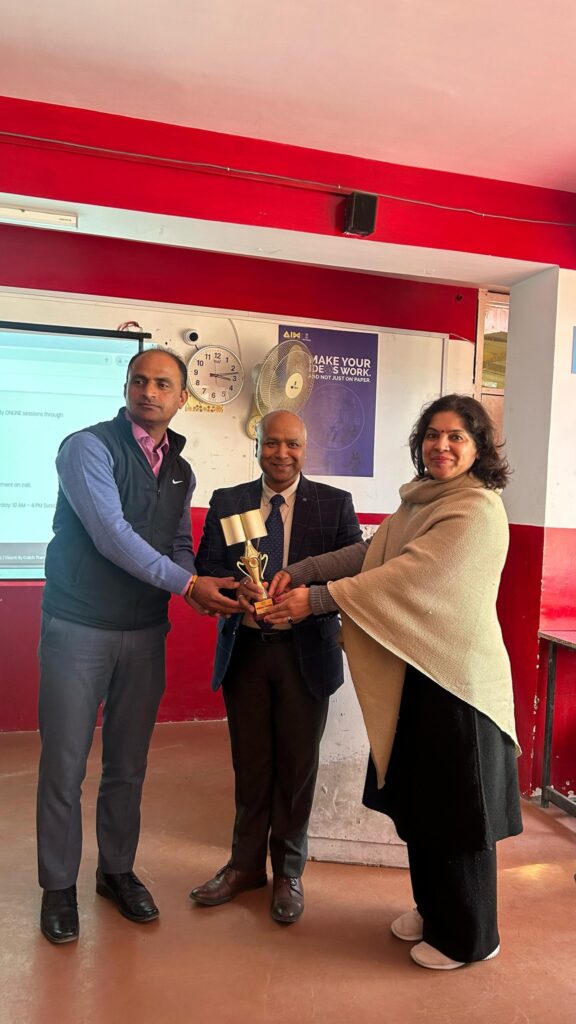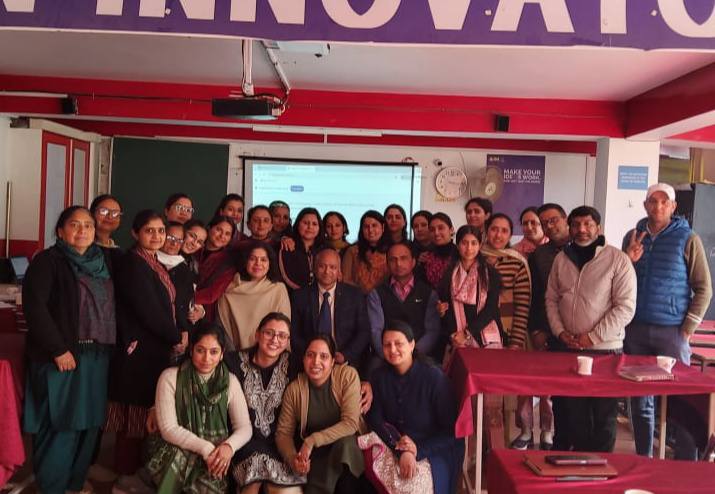In today’s fast-paced world, achieving personal and organizational goals is essential for growth, productivity, and long-term success. Personal goals define an individual’s aspirations, while organizational goals shape the vision and mission of a company or institution. The ability to align these two can lead to immense benefits for both employees and the organization. However, achieving this alignment requires a clear understanding, structured planning, and effective strategies.
The Importance of Goals
Goals provide direction and focus. For individuals, personal goals inspire self-improvement, such as enhancing skills, building healthier habits, or advancing their careers. For organizations, goals define the broader purpose, drive operational efficiency, and create a roadmap for achieving their vision. When personal and organizational goals are aligned, individuals feel motivated, valued, and purpose-driven. This synergy not only increases productivity but also fosters a culture of trust and collaboration within the organization.

Understanding Personal and Organizational Goals
Personal Goals are unique to each individual and can vary widely. They often include aspirations related to professional development, financial stability, work-life balance, or personal fulfillment. For example, an employee might set a personal goal of learning a new skill, such as data analytics, to advance their career.
Organizational Goals are broader objectives set by a company or team. These may include increasing market share, improving customer satisfaction, or fostering innovation. These goals ensure the organization remains competitive and sustainable in the long run.
While personal goals focus on the individual, organizational goals prioritize collective success. Bridging the gap between these two creates a win-win situation where individuals grow alongside their organizations.
Strategies to Align Goals

- Foster Clear Communication: Transparency between employees and management is critical. Organizations should clearly articulate their mission, values, and objectives. Similarly, employees should communicate their aspirations to their leaders. This two-way dialogue ensures mutual understanding and alignment.
- Utilize the SMART Framework: Both personal and organizational goals should be SMART—Specific, Measurable, Achievable, Relevant, and Time-bound. For example, if an organization’s goal is to increase sales by 20% in the next quarter, an employee’s personal goal could involve improving negotiation skills to contribute effectively.
- Create Development Opportunities: Organizations should invest in training, mentorship, and upskilling programs that help employees achieve personal and professional growth. These initiatives not only support personal goals but also enable employees to contribute more effectively toward organizational objectives.
- Set Milestones and Regular Check-ins: Breaking down large goals into smaller milestones helps track progress and maintain motivation. Regular check-ins between managers and employees ensure that personal and organizational goals remain aligned over time.
- Reward and Recognize Achievements: Acknowledging and rewarding progress toward both personal and organizational goals boosts morale and reinforces the importance of alignment. Recognition can come in various forms, such as promotions, bonuses, or public appreciation.
Overcoming Challenges in Goal Alignment
Aligning personal and organizational goals is not without its challenges. Individuals may struggle to see how their aspirations fit into the broader organizational context. Similarly, organizations may overlook the importance of individual growth in their pursuit of business objectives.
To overcome these challenges, organizations must cultivate a supportive culture. Leaders should encourage open discussions about personal aspirations during performance reviews and team meetings. Additionally, individuals should take initiative in connecting their goals to organizational needs, showcasing how their growth can contribute to the company’s success.
The Benefits of Goal Alignment
When personal and organizational goals are in harmony, the benefits are far-reaching. Employees feel more engaged and motivated, which improves productivity and job satisfaction. Organizations, in turn, enjoy higher retention rates, stronger team dynamics, and better overall performance.
For instance, an employee who aspires to become a leader may take on challenging projects, improving their skills while driving the organization’s success. Similarly, an organization focused on sustainability might inspire employees to adopt environmentally friendly practices in their personal lives, reinforcing shared values.
Conclusion
The alignment of personal and organizational goals is a powerful driver of success. It fosters a sense of purpose, creates a collaborative work environment, and ensures both individuals and organizations thrive. By investing in clear communication, structured planning, and supportive initiatives, organizations can unlock the full potential of their workforce while empowering individuals to achieve their aspirations.
When individuals and organizations move forward together, the result is not just growth but a shared journey of achievement and fulfillment.

The session was very interacting . Really happy to learn about how important communication skills are in today’s era. I hope I would be able to inculcate whatever I have learnt today in my life positively. Thankyou so much sir !
Lalit Sir is too good, give us motivational speech,I will try to follow all in my life
Thanks
The session was engaging and informative. Your ability to explain complex concepts with relatable examples made learning enjoyable. Thank you!
The sessions provided valuable insights into modern teaching methodologies, student engagement strategies, and effective classroom management. The interactive approach and practical examples made the training both engaging and applicable to real classroom scenarios. It has truly enhanced my teaching skills and motivated me to implement new strategies for better student learning outcomes. Looking forward to more such insightful sessions!”
Your training on communication skills was truly impactful. I feel more confident in expressing my thoughts clearly. Grateful for the valuable lessons!”
Thank you
Session was very good.. I enjoyed the session. It was engaging and informative
Lalit Sir is too good.He give us motivational speech.
Thanks
“I appreciate your passion and expertise in communication. The practical exercises helped me understand how to improve my speaking and listening skills. Excellent training!”
Your training on communication skills was truly impactful. I feel more confident in expressing my thoughts clearly. Grateful for the valuable lessons!”
Informative and empowering for our staff, especially those who had not had any training in this area previously. Thank you
Great session and i enjoyed alot
This session is very informative and interesting and got to know how you can improve your communication skills.
This session is quite interesting.
This session is quite interesting and it will help us in improving our communication skill.
This session is quite interesting and helpful in improving communication skills.
“Thank you for an insightful and engaging training on communication skills. Your guidance has truly enhanced our understanding and will help us communicate more effectively. Grateful for your time and effort!”